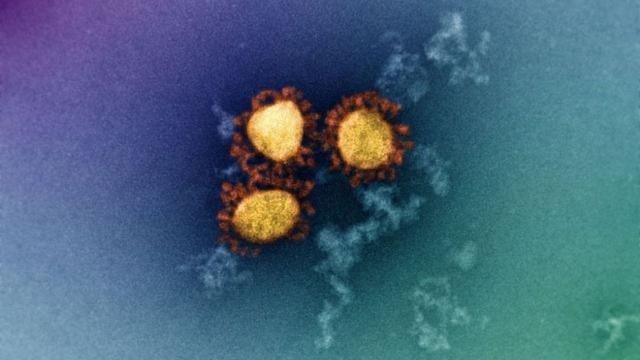A study from the University of Melbourne and Hong Kong University of Science and Technology (HKUST) has revealed that the T cells of the body could help in fighting Omicron if antibodies (or B cells) fail to.
T Cells are a part of the human immune system and a type of white blood cell that helps protect the body from infections, produced by stem cells in the bone marrow.
In short, they’re a natural part of the human immune system that protects our bodies from dangerous diseases and illnesses. The trick is that they only kick in after infection, once the body learns what the infection is.
However, don’t go on thinking that they’re all you need to fight infections and illnesses. Often they’re not enough and antibodies are a valuable line of defence not worth passing up. Antibodies are a protein that the body immediately produces when coming into contact with an alien bacteria or virus and are instrumental to vaccines.
Now, research from the University of Melbourne and HKUST has found that human T cells may be instrumental in tackling the Omicron strain of COVID-19, with the study published in Viruses.
So, what does this actually mean? A cursory glance at this news would indicate something obvious: that our bodies should be able to thwart diseases and infections with our immune systems, but it’s actually deeper than that.
What it actually suggests is that the T cells in our body could be another line of defence in tandem with vaccines against Omicron. Also, as an aside, it doesn’t mean you can’t get COVID-19 again, but it does mean your body could be more prepared for it come the chance.
Because Omicron has more mutations than other strains of COVID-19, it’s often able to thwart the antibodies produced by vaccination or previous infection. However, if Omicron does enter the body, T cells will identify it. As this has been the role of T cells in the past for other infections, it’s welcome to see them come to the fight against Omicron.
“Despite being a preliminary study, we believe this is positive news,” says Professor Matthew McKay of the University of Melbourne.
“Even if Omicron, or some other variant for that matter, can potentially escape antibodies, a robust T cell response can still be expected to offer protection and help to prevent significant illness.”
In studying over 1,500 fragments of SARS-CoV-2 viral proteins, which are called epitopes, the team has found T cells that have recognised COVID-19 in patients or after vaccination. The team also found that only 20 per cent of studied epitopes showed mutations associated with Omicron.
“Among these T cell epitopes that have Omicron mutations, our further analysis revealed that more than half are predicted to still be visible to T cells,” says Professor Ahmed Abdul Quadeer, a research assistant professor and the study co-lead at HKUST.
“This further diminishes the chance that Omicron may escape T cells’ defences.”
“Based on our data, we anticipate that T cell responses elicited by vaccines and boosters, for example, will continue to help protect against Omicron, as observed for other variants. We believe this presents some positive news in the global fight against Omicron,” Professor McKay added.
Just the hope we needed going into 2022.
